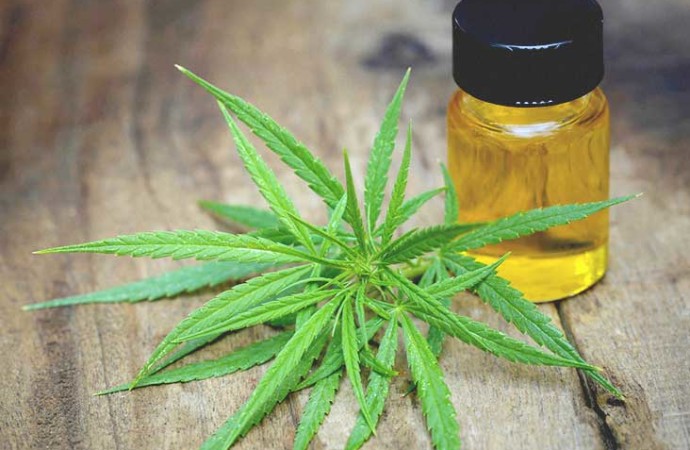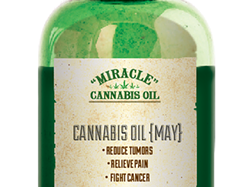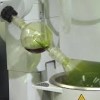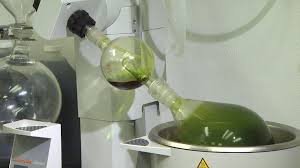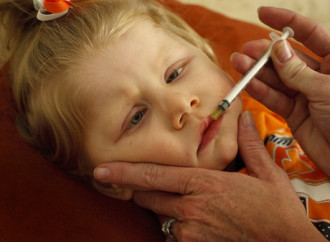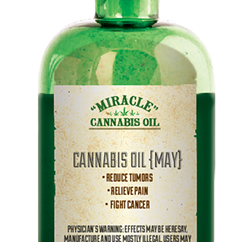Now is the time in Tennessee to move the conversation about medical cannabis out from the shadows and away from hushed conversations. Thirty states, including Arkansas, and two-thirds of the U.S. already have access to more than 800 medical cannabis products. Not Tennesseans. And yet, nearly 80 percent of the state’s registered voters support giving
Now is the time in Tennessee to move the conversation about medical cannabis out from the shadows and away from hushed conversations.
Thirty states, including Arkansas, and two-thirds of the U.S. already have access to more than 800 medical cannabis products. Not Tennesseans.
And yet, nearly 80 percent of the state’s registered voters support giving doctors the option to prescribe medical cannabis, according to a recent Vanderbilt University poll. Two-thirds of Republican voters do.
Tennessee, a state known for healthcare innovation, is losing out on an industry projected to hit $20 billion in the next six years.
This session the Tennessee legislature will consider HB 1749/SB 1710, the Medical Cannabis Only Act, a conservative, medically responsible Tennessee solution to help those with specific, debilitating health conditions.
The legislation would provide industry oversight, safe patient access and the right for municipalities to opt out. It creates an independent regulatory commission to balance the needs of entrepreneurs and patients, with law enforcement at the table, in an accountable and transparent manner.
Medical cannabis is not a miracle cure. But, the growing body of scientific research worldwide shows that medical cannabis can provide significant, if not dramatic, positive results to treat a number of medical conditions.
Tennesseans – working with their doctors – should have the right to try those treatments under medical supervision. Law-abiding Tennesseans should not be forced to subsidize the cannabis black market to meet their health care needs. Tennesseans should have legal access to non-addictive, lower-cost alternatives to opiates to remedy pain and suffering.
Full article at Commercial Appeal
